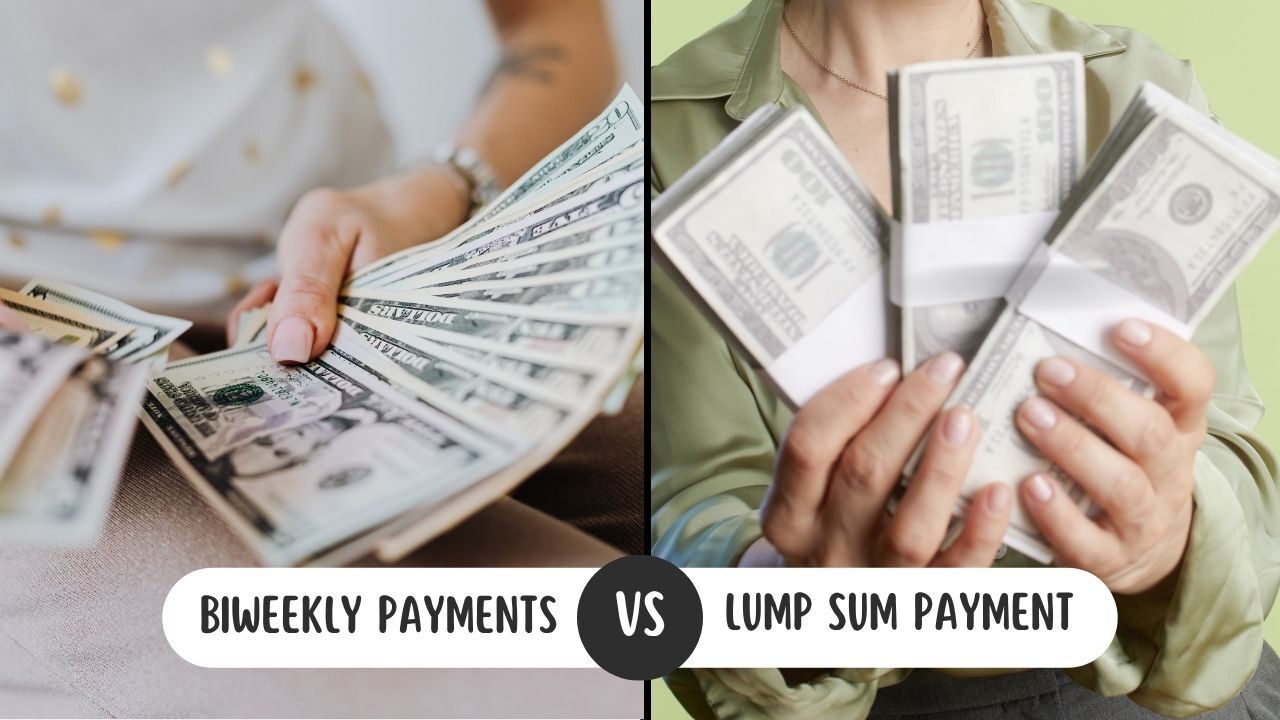 Owning a second home is a dream for many people, whether it is a quiet cabin by the lake, a beachfront retreat, or a mountain getaway. For others, that dream also comes with the potential to generate income through short-term rentals. However, mortgages for vacation homes and Airbnb properties are not the same. Lenders view these two types of homes differently, and understanding those differences can help you choose the right financing option for your goals.
Owning a second home is a dream for many people, whether it is a quiet cabin by the lake, a beachfront retreat, or a mountain getaway. For others, that dream also comes with the potential to generate income through short-term rentals. However, mortgages for vacation homes and Airbnb properties are not the same. Lenders view these two types of homes differently, and understanding those differences can help you choose the right financing option for your goals.
What Defines a Vacation Home
A vacation home is a property that you primarily use for your own enjoyment. It might be a seasonal residence or a weekend getaway, but the key is that it is for personal use rather than full-time rental income. Because of this, lenders generally offer terms similar to those for a primary residence, though down payment requirements may be slightly higher, often around ten to twenty percent. Interest rates may also be a bit higher than for a primary home, but they are usually more favorable than investment property loans.
Airbnb or Investment Property Loans
If your goal is to rent out the property through Airbnb or other short-term rental platforms, your lender will likely classify it as an investment property. Investment properties carry higher risk for lenders, so the requirements are more strict. Borrowers should expect to make a larger down payment, typically at least twenty percent, and may face higher interest rates. Lenders will also evaluate projected rental income, operating costs, and local regulations to ensure the property meets rental standards. It is important to note that some lenders will not approve loans for properties primarily intended for short-term rentals.
Location and Zoning Considerations
Local zoning laws and homeowners association rules can also impact how you use your property. Some areas restrict or regulate short-term rentals, while others require special permits or registration. Before applying for a mortgage, research whether short-term rentals are allowed in the community where you plan to buy. Ignoring these rules could result in fines, legal issues, or limits on how often you can rent out your property.
Tax and Insurance Differences
Vacation homes and Airbnb properties also differ in tax treatment and insurance requirements. Mortgage interest on a vacation home is generally deductible, but rental income from an Airbnb must be reported to the Internal Revenue Service. You may also need special insurance to cover guests, property damage, or loss of income. Discussing your plans with both a tax advisor and an insurance professional can help you avoid costly surprises later.
Choosing between a vacation home and an Airbnb property depends on your financial goals and how you intend to use the space. Whether you want a private retreat or an income-generating investment, understanding the mortgage, tax, and insurance implications can help you make a confident and informed decision.

 Meeting with a lender for the first time is a big step in your homebuying journey. Whether you are buying your first home or upgrading to your next one, your mortgage appointment sets the stage for what comes next. Knowing what to expect helps you feel confident, prepared, and ready to make the most of that important conversation.
Meeting with a lender for the first time is a big step in your homebuying journey. Whether you are buying your first home or upgrading to your next one, your mortgage appointment sets the stage for what comes next. Knowing what to expect helps you feel confident, prepared, and ready to make the most of that important conversation. Homeowners looking to save on interest or shorten their loan term often explore two popular strategies: biweekly payments and lump sum payments. Both can reduce the total interest paid and help you build equity faster, but they work in different ways. Understanding how each method functions can help you decide which fits your financial goals and lifestyle best.
Homeowners looking to save on interest or shorten their loan term often explore two popular strategies: biweekly payments and lump sum payments. Both can reduce the total interest paid and help you build equity faster, but they work in different ways. Understanding how each method functions can help you decide which fits your financial goals and lifestyle best. A Common Question for Today’s Market
A Common Question for Today’s Market Buying a home is one of the most exciting milestones in life, but it can also be one of the most exhausting. From house hunting and comparing loan options to managing the financial paperwork and deadlines, the process can become overwhelming. Mortgage burnout happens when the stress and demands of the home buying journey begin to wear you down, making it harder to stay focused and positive. The good news is there are ways to protect yourself from burnout and keep the process manageable.
Buying a home is one of the most exciting milestones in life, but it can also be one of the most exhausting. From house hunting and comparing loan options to managing the financial paperwork and deadlines, the process can become overwhelming. Mortgage burnout happens when the stress and demands of the home buying journey begin to wear you down, making it harder to stay focused and positive. The good news is there are ways to protect yourself from burnout and keep the process manageable.